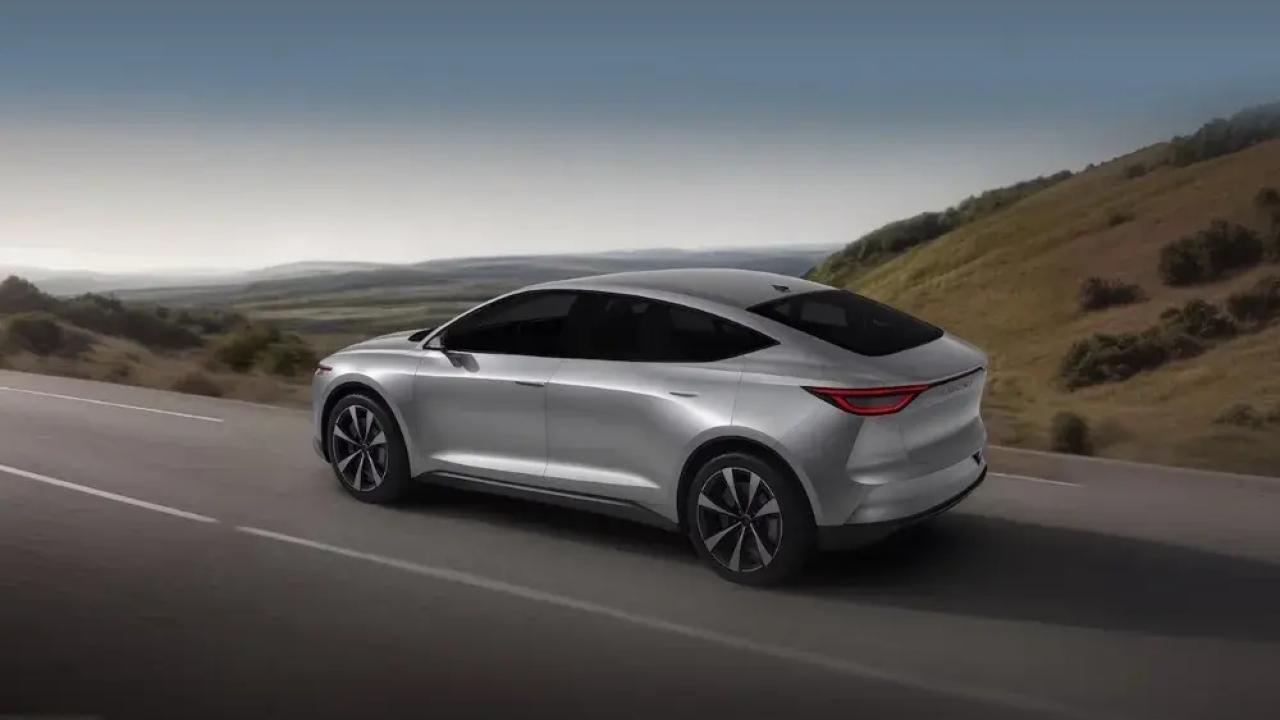
These engines, dubbed HR10, are designed to run on low-emission gasoline and ethanol flex fuels, which are common in the Brazilian market.
Horse, the Spanish engine manufacturer of the Renault Group, has announced the signing of an agreement with the Brazilian car manufacturer Lecar for the supply of up to 12,000 3-cylinder, one-litre engines per year for its new extended-range electric vehicle, the Lecar 459 Hybrid, scheduled for launch in 2026.
Initially, up to 12,000 engines will be supplied, although both companies warn that they have enough margin to offer more products as demand for new technology cars increases in the South American country.
These engines, dubbed HR10, are designed to run on low-emission gasoline and ethanol flex fuels, which are common in the Brazilian market.
Specifically, the HR10 units will act as a combustion engine within the extended-range drivetrain of the Lecar 459 Hybrid, making it possible to take advantage of the solution already proven in light commercial vehicles.
"This agreement signals our unwavering commitment to innovation and our ability to support brands developing both electric and combustion engine vehicles," said Horse CEO Matias Giannini.
Unlike traditional plug-in hybrids, the combustion engine of a range-extended electric vehicle never directly drives the vehicle's wheels, but instead provides charging to the vehicle's battery via an on-board electric generator.
This allows the combustion engine to operate with high efficiency, minimising fuel consumption and emissions. Thus, when the battery is fully charged, the engine switches off automatically.
The battery can also be charged in a similar way to any other electric vehicle, using a public charger or a home power supply.
HORSE's HR10 engine produces up to 85 kilowatts of power and 200 nanometers of torque thanks to its direct fuel injection. At the same time, together with this engine, the Lecar vehicle will use an electric generator from WEG, Horse's electrical component partner.
"Horse's manufacturing footprint in Brazil is in perfect alignment with Lecar's vision of revolutionizing the Brazilian automotive market with domestically produced solutions," said Lecar CEO Flávio Figueiredo.










